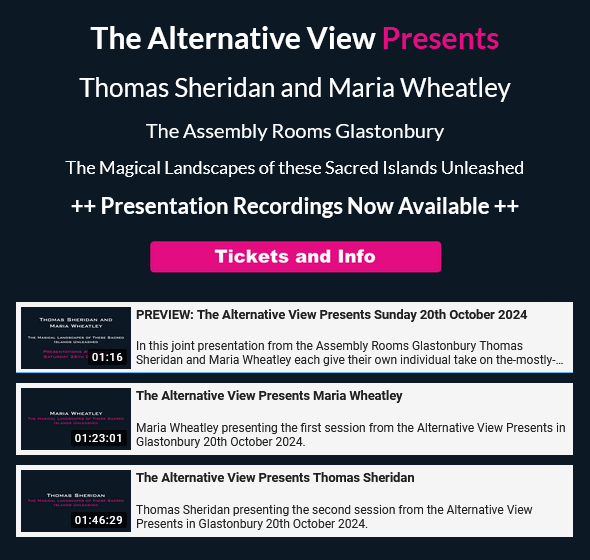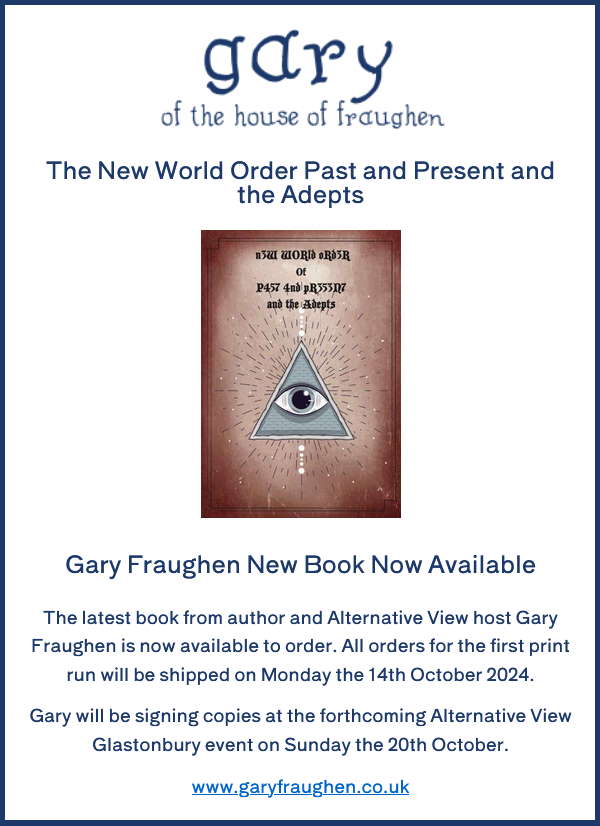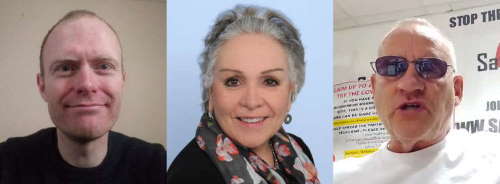In the US – Literary Institutions Are Pressuring Authors to Remain Silent About Gaza
Sat 11:54 am +01:00, 26 Oct 2024 1

By Lisa Ko / Truthout
When writer and disability justice activist Alice Wong received a MacArthur Fellowship earlier this month, she shared a statement about accepting it “amidst the genocide happening in Gaza.” The backlash was swift, with a deluge of posts on X attacking Wong’s character and accusing her of antisemitism.
This conflation of opposition to Israel’s military action with hatred of Jewish people is only one part of a broader wave of political and social repression that is attempting to silence writers speaking out against the war. In the past month alone, authors who have criticized Israel’s ongoing bombardment of Gaza — which is funded largely by the U.S. — have been labeled extremists, been suspended and fired from faculty jobs, and targets of defamation and harassment.
I had my own recent experience with the latter following an incident with the New York State Writers Institute’s Albany Book Festival. I reached out privately to the festival organizers in support of a fellow author, Aisha Abdel Gawad, expressing concern about the public rhetoric of the moderator with whom we were to share a panel. In social media posts and published articles, the moderator mocked people who advocate for a ceasefire by calling them “terror apologists” and other names. Such rhetoric seemed disturbing in its mischaracterization of those mourning the loss of life, including Palestinian lives. In response, the assistant director of the Writers Institute emailed the moderator calling our concerns “crazy,” going so far as to fabricate a story that I refused “to be on a panel with a ‘Zionist,’” a message that was then made public. This resulted in death and rape threats, harassing messages and the loss of professional opportunities for me and Abdel Gawad.
To set the record straight, I neither refused to be on the panel nor used the word “Zionist,” but this clarification, while necessary, is not the point. The implication is that vitriol directed at those opposing war and genocide is acceptable; objecting to such vitriol is not.
Many of us who have spoken out against Israel’s war on Gaza have not only opposed the war, but also drawn connections between the violence there and other interlocking crises: mass death and displacement in Sudan, the Congo and Haiti; the disparity between U.S. military funding for war and funding for escalating climate catastrophes; the expansion of carceral systems, including surveillance and militarization of policing; and the increased criminalization of dissent following the racial justice protests in 2020, quelling connections between the global and the domestic. Suppression of dissent also suppresses connections between people and communities in a time of organized abandonment, a time when we need each other even more.
For writers, censorship and suppression is also taking place within notable arts institutions. PEN America — which canceled its 2024 annual awards this spring after nearly half the nominees withdrew their books from consideration due to the organization’s response to Israel’s war on Gaza — is now asking publishers to confirm with authors that they want their books to be considered for the 2025 awards, ostensibly to avoid finalists again withdrawing in protest and to circumvent a writers’ boycott of the organization. Canada’s Giller Prize, which was plagued by protests and withdrawals over its primary sponsor’s financial investment in Israeli arms manufacturer Elbit Systems, has made confirmation of intent to participate in the awards — attempting to ensure that finalists will not decline the prize or use the opportunity to speak out about Palestine — a requirement for author eligibility.
To pressure authors to remain silent about institutional response to war in order to be eligible for prestigious literary prizes is not only ironic — PEN America’s mission, for instance, is to protect freedom of expression — but sinister. A culture that demands certain political allegiances from its writers and artists at the risk of losing career opportunities is one that is antithetical to democratic values, and harkens back to the McCarthy-era Hollywood blacklist that barred writers from employment on suspicions of “subversive” and “un-American” leanings.
In many of the attacks I received, the senders referenced my race in their threats, suggesting I should shut up or meet with physical violence. Yet I, too, have my own stake in speaking out against war and occupation. I was born in the U.S., in part because, like so many children of immigrants, of U.S. military presence in my ancestors’ home country — the Philippines, a former U.S. colony. My parents immigrated during a period of martial law, led by U.S.-supported dictator Ferdinand Marcos, who imprisoned and disappeared thousands of journalists, writers and editors. Marcos’s son, now currently president, recently expanded U.S. military access to Philippines bases.
Much of my writing has explored the ways in which Asian assimilation in the U.S. is negotiated, including our complicity in U.S. imperialism: As Viet Thanh Nguyen writes, “The condition of our belonging, our inclusion, is our silence.” Advocates against anti-Asian violence focus on very real problems of harassment, bullying and discrimination, but stop short of extending the connections globally to include the violence of the U.S. “forever wars” in Asia, Africa and the Middle East. To be Asian American is to carry this dissonance, as our Americanness hinges on our acceptance of the violence carried out in our names and against our people. It hinges on our obedience, our gratitude.
I’m a novelist. I study and teach the craft of writing stories. I can trace how storytelling has been used to vilify in order to legitimize violence — including the recent framing of immigration as a “border crisis,” insidious misinformation about Haitian Americans and transgender people, and references to Palestinians as “human animals.”
Although stories can be used to inflict suffering, the opposite is also true. Writers choose our words for clarity and truth, to build love and solidarity. Failing to do so can harden our hearts, making us more susceptible to justifying harm done to others. And by dehumanizing others, we also harm ourselves. It is our ability to create connections — and the power of these connections — that makes writers a target for repression, and why it’s critical to withstand it. Our belonging is not contingent on our silence; our humanity is contingent on breaking it.
Please share this story and help us grow our network!

Lisa Ko
Lisa Ko is the author of the novel Memory Piece and the nationally best-selling novel The Leavers, which was a finalist for the National Book Award for Fiction. Her writing has appeared in Best American Short Stories, McSweeney’s and The Believer.















A great job has been done in brainwashing the public to believe that being against Israel is antisemitism. Studies have shown that a tiny proportion of the Jewish people living there even have any semitic blood. I’m not remotely antisemitic because I support Gaza at every turn.